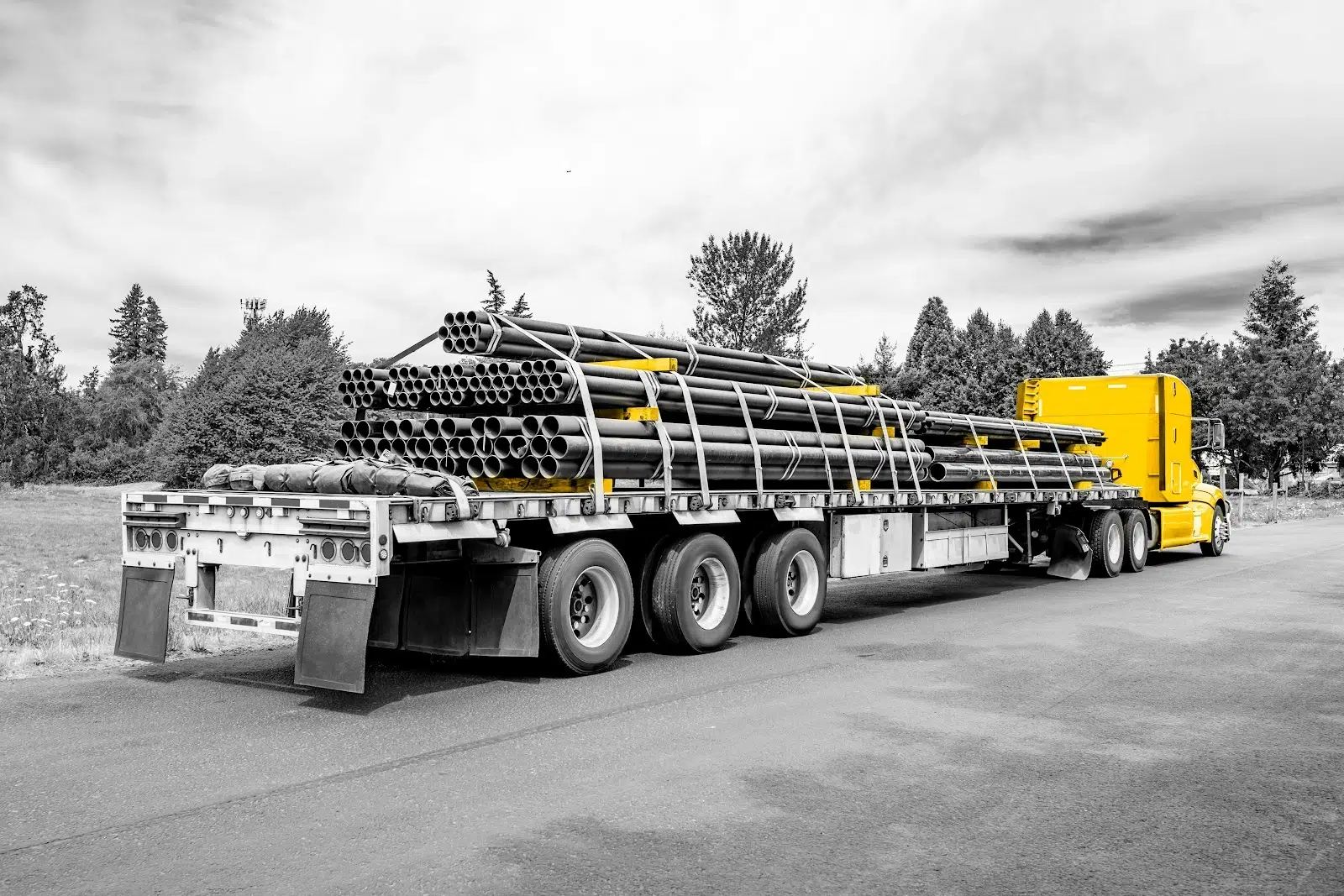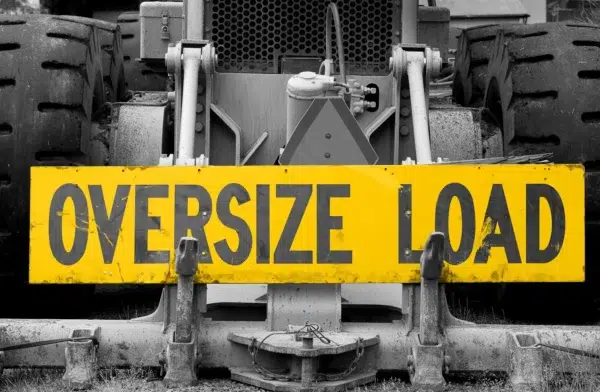
Understanding Project Freight: Why Expertise is Key to Success
July 18, 2024

In the logistics and transportation industry, project freight stands out as a complex and demanding specialty. Unlike routine shipping, project freight involves the transportation of large, high-value, or technically challenging cargoes often associated with major industrial or infrastructure projects.
Successfully managing project freight requires meticulous planning, specialized equipment, and, crucially, an experienced team. Here’s a comprehensive look at project freight and why working with seasoned professionals is essential for success.


What is Project Freight?
Project freight, also known as project cargo or heavy-lift cargo, refers to the transport of large, heavy, or complex items that are critical components of large-scale projects. These projects often span various industries, including:
- Construction: Transporting structural components, cranes, and construction equipment.
- Energy: Moving wind turbines, transformers, and oil and gas equipment.
- Manufacturing: Delivering oversized machinery and production line equipment.
- Infrastructure: Shipping bridge sections, railway components, and other large infrastructure elements.
Subscribe!
Subscribe to receive the latest articles, newsletters, whitepapers, and industry news directly to your inbox.
"*" indicates required fields
Key Characteristics of Project Freight
Size and Weight: Project freight often involves cargo that exceeds standard shipping dimensions and weight limits. This requires specialized handling, equipment, and sometimes the construction of custom transport solutions.
Complexity: Transporting project freight can be highly complex, requiring coordination across various regulatory environments and geographical regions.
High Value: Project cargo is often high-value and essential to the success of large-scale projects. Ensuring their safe and timely delivery is critical.
Time Sensitivity: Delays in transporting project freight can have significant financial and operational repercussions. Meeting tight deadlines is a common requirement.
The Importance of Working with an Experienced Team
Successfully managing project freight demands expertise and experience. Here’s why working with a seasoned team is vital:
Comprehensive Planning and Coordination: An experienced team understands the intricacies of project freight and can develop detailed transportation plans. This includes route surveys, feasibility studies, and risk assessments. Their ability to foresee potential challenges and plan accordingly ensures smoother operations and timely deliveries.
Regulatory Knowledge: Navigating the regulatory landscape is a critical aspect of project freight. Experienced professionals are well-versed in obtaining the necessary permits, adhering to local and international regulations, and ensuring compliance with safety standards. This knowledge helps avoid costly delays and legal issues.
Specialized Equipment: Project freight often requires specialized equipment such as heavy-duty cranes, multi-axle trailers, and modular transport systems. Experienced teams have access to the necessary tools and know how to use them effectively. Their expertise in loading, securing, and unloading heavy and oversized cargo minimizes the risk of damage.
Risk Management: Risk management is crucial in project freight due to the high value and importance of the cargo. Experienced teams conduct thorough risk assessments and implement contingency plans to address potential issues such as weather disruptions, route obstacles, or mechanical failures. Their proactive approach ensures that risks are mitigated effectively.
Network and Partnerships: Experienced project freight teams have established networks and partnerships with reliable carriers, and local authorities. These relationships facilitate smoother operations, quicker problem resolution, and access to necessary resources, enhancing the overall efficiency of the project.
Cost Efficiency: While project freight can be expensive, experienced teams know how to optimize costs through efficient planning and execution. They can identify cost-saving opportunities, negotiate better rates with service providers, and avoid costly mistakes that inexperienced teams might make.
Communication and Transparency: Effective communication is essential in project freight management. Experienced teams maintain transparent communication channels with all stakeholders, providing regular updates and addressing concerns promptly. This transparency builds trust and ensures that everyone is aligned and informed throughout the process.

Conclusion
Project freight is a demanding field that requires a high level of expertise and experience. Working with a knowledgeable team, like TRAFFIX’ Flatbed experts, is vital for the successful transportation of large, complex, and high-value cargo. Their ability to manage comprehensive planning, regulatory compliance, specialized equipment, risk management, and cost efficiency ensures that your project proceeds smoothly and successfully. Whether you are in construction, energy, manufacturing, or infrastructure development, partnering with an experienced project freight team can make all the difference in achieving your project goals.
Contact Us today to book your project freight consultation with the TRAFFIX Flatbed team!

